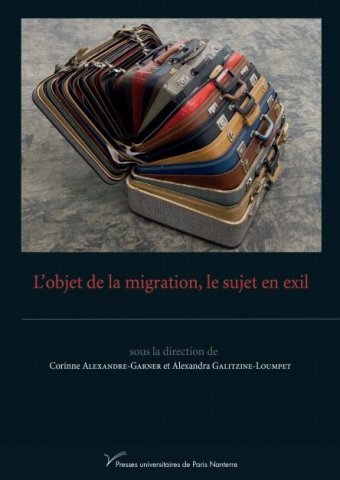
Résumé
Kétala (2006), deuxième roman de Fatou Diome, est le tombeau narratif offert à Mémoria, jeune migrante sénégalaise, par la tristesse de ses objets familiers, animés et parlants. Leur inventaire compose le cénotaphe des identités de la jeune femme et une muséographie de la migration contemporaine. Leur prosopopée performe en une parade mortuaire l’identité narrative de l’exilée. Inscrits dans une dynamique intertextuelle empruntant à Mariama Bâ, Kourouma et Yourcenar, le dispositif de veillée et la dimension cathartique du kétala (partage traditionnel des biens d’un défunt) portent, tout comme la forte symbolique d’un objet queer, une dimension critique féministe qui redouble l’exil du personnage.
Abstract
Kétala (2006), the second novel by Fatou Diome, is the narrative tomb offered to Mémoria, a young Senegalese migrant, by the sadness of her familiar, animated and speaking objects. Their inventory built the cenotaph of the young woman’s identities and a museography of contemporary migration. Their Prosopopeia performs the narrative identity of the exiled into a mortuary parade. Inscribed in an intertextual dynamic borrowing from Mariama Bâ, Kourouma and Yourcenar, the memorial device and the cathartic dimension of the ketala (traditional sharing of property) carry, as does the strong symbolism of a queer object, a critical feminist dimension that redoubles the character’s exile.
